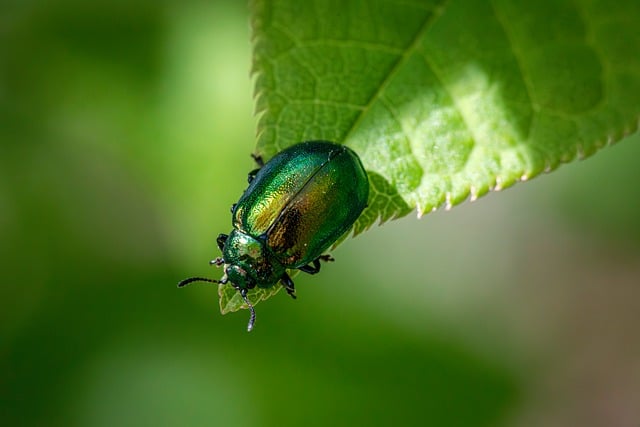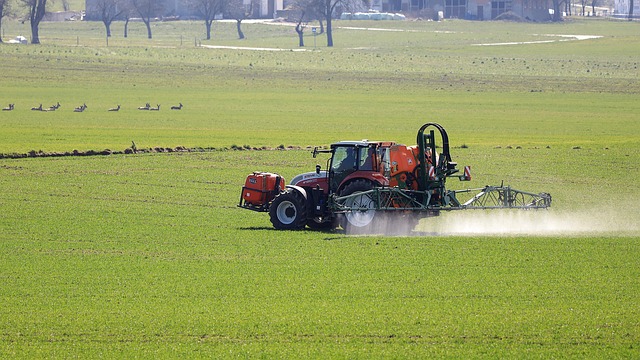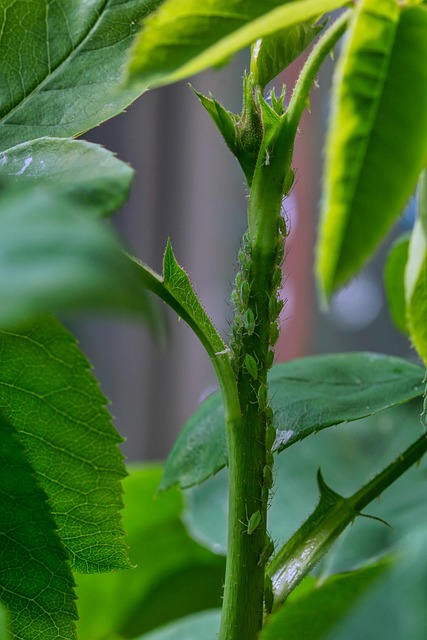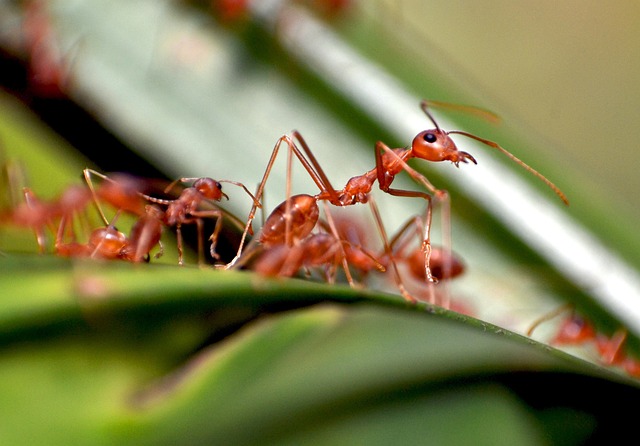In Castle Rock, understanding seasonal pest behaviors is crucial for effective and sustainable vegetable garden management. Gardeners should proactively prepare during spring and summer when common pests like aphids, caterpillars, and beetles proliferate. Organic solutions such as beneficial insects, crop rotation, and companion planting can significantly reduce pest issues while promoting a balanced ecosystem. Preventive measures include selecting resistant plant varieties, proper garden planning, encouraging beneficial insects, and using natural solutions to minimize chemical usage. These strategies ensure high-quality produce and contribute to a greener, more sustainable future for Castle Rock residents.
In Castle Rock, sustainable pest management is key to thriving vegetable gardens. Understanding seasonal pest behaviors allows gardeners to implement effective strategies tailored to each phase of the growing cycle. This article guides you through three critical components of seasonal pest control: recognizing and respecting natural predator-prey relationships, adopting sustainable practices for optimal yield, and exploring preventative measures with natural solutions. Discover how these methods foster a harmonious ecosystem while keeping pests at bay in your Castle Rock vegetable garden.
- Understanding Seasonal Pest Behaviors in Castle Rock Vegetable Gardens
- Implementing Sustainable Pest Management Practices for Optimal Vegetable Yield
- Preventive Measures and Natural Solutions for Effective Long-Term Pest Control
Understanding Seasonal Pest Behaviors in Castle Rock Vegetable Gardens

In Castle Rock, understanding seasonal pest behaviors is crucial for implementing sustainable pest management in vegetable gardens. Different pests proliferate at various times of the year, with spring and summer often seeing an influx of common garden pests like aphids, caterpillars, and beetles. By monitoring these patterns, gardeners can proactively prepare and take necessary measures to protect their crops. For instance, organic solutions such as introducing beneficial insects (predators or parasites) that target specific pests naturally can be highly effective during the warmer months when pest activity peaks.
Seasonal variations also influence the health of plants, making them more susceptible or resilient to certain pests. Sustainable practices like crop rotation and companion planting, which have been used for centuries, can further mitigate pest issues. In Castle Rock’s climate, these strategies are particularly valuable as they promote a balanced ecosystem while ensuring high-quality produce from vegetable gardens.
Implementing Sustainable Pest Management Practices for Optimal Vegetable Yield

Preventive Measures and Natural Solutions for Effective Long-Term Pest Control

Implementing preventive measures is a cornerstone of sustainable pest management for vegetable gardens in Castle Rock. Start by selecting resistant plant varieties, which can better tolerate common pests and diseases, thereby reducing the need for chemical interventions. Proper garden planning includes companion planting, where specific plants are grown together to deter pests naturally. For example, marigolds and lavender repel many insects, while certain vegetables like tomatoes benefit from being planted near basil.
Natural solutions also play a significant role in long-term pest control. Encourage beneficial insects like ladybugs, lacewings, and spiders, which feed on garden pests. Install birdhouses and bat houses to attract natural predators that target insects. Organic pesticides derived from plants, such as neem oil or insecticidal soap, can be effective when applied correctly. These methods not only reduce chemical usage but also promote a healthier, more balanced ecosystem within your vegetable garden.
In implementing sustainable pest management for vegetable gardens in Castle Rock, understanding seasonal pest behaviors is key. By adopting preventive measures and natural solutions discussed in this article, homeowners can achieve long-term pest control without harmful chemicals. These practices not only protect the environment but also ensure optimal vegetable yield, fostering a healthier and more vibrant community.
